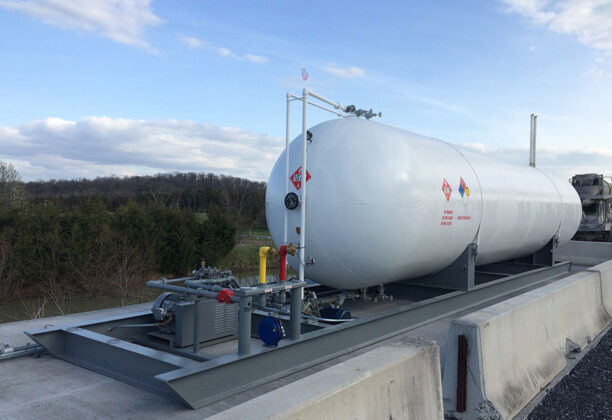Crafting Effective DOT Security Plans for Propane Operations

In the propane Operations industry, adhering to safety and security regulations is essential. One critical requirement is the development and implementation of a Department of Transportation (DOT) security plan. This plan not only ensures compliance with federal regulations but also safeguards your operations against potential security threats.
Understanding the DOT Security Plan Requirement
According to the DOT’s Code of Federal Regulations (49 CFR 172.802), companies operating propane cargo tank motor vehicles with a water capacity greater than 792 gallons are mandated to have a written security plan. This encompasses most propane marketers, especially those utilizing bobtail trucks for distribution.
Key Components of a Comprehensive Security Plan
A robust DOT security plan should address the following areas:
Personnel Security: Implement procedures to ensure that employees handling hazardous materials are trustworthy and properly trained.
Unauthorized Access Prevention: Establish measures to prevent unauthorized individuals from accessing hazardous materials.
En Route Security: Develop strategies to secure hazardous materials during transportation.
Additionally, the plan must include an assessment of possible transportation security risks and corresponding measures to mitigate these risks.
Training Requirements
All employees involved in tasks regulated under hazardous materials guidelines must undergo DOT hazmat training. This includes customer service representatives, delivery drivers, and service technicians. Training should be comprehensive, covering the specifics of the security plan and each employee’s role within it. It’s essential to conduct this training at least once every three years or within 90 days following any revisions to the security plan.
Regular Review and Updates
A DOT security plan is not a static document. It requires at least an annual review to ensure its effectiveness and relevance. Any changes in company operations, emerging security threats, or regulatory updates should prompt a revision of the plan. Regular reviews help in identifying potential vulnerabilities and proactively implementing necessary adjustments.
Consequences of Non-Compliance
Failing to develop, implement, or maintain an up-to-date DOT security plan can lead to significant repercussions, including substantial fines, legal liabilities, and increased risk of security breaches. Moreover, non-compliance can tarnish a company’s reputation, leading to loss of both customer trust and potential business opportunities.
The Road Forward
Developing and maintaining a DOT security plan is a critical responsibility for every propane company. It ensures compliance with federal regulations and enhances the overall safety and security of their operations. By staying vigilant and proactive, propane retailers can utilize this tool to protect their businesses, employees, and the communities they serve. For detailed guidance on creating a DOT security plan, refer to the Pipeline and Hazardous Materials Safety Administration’s helpful resources.














